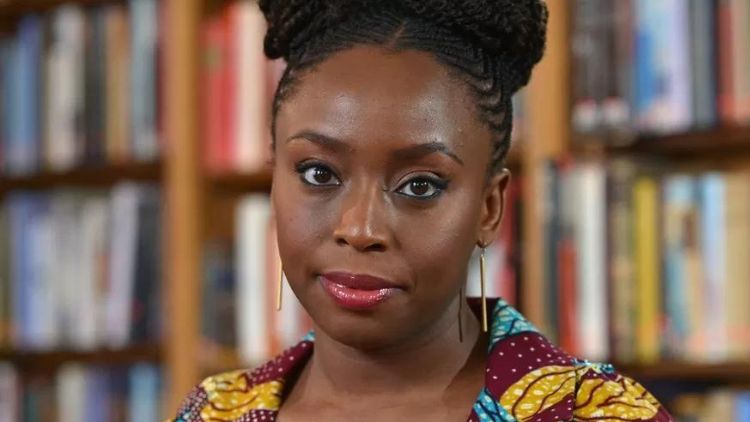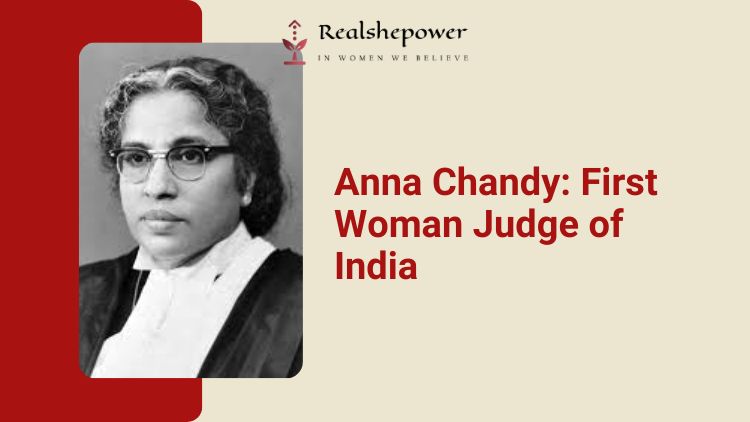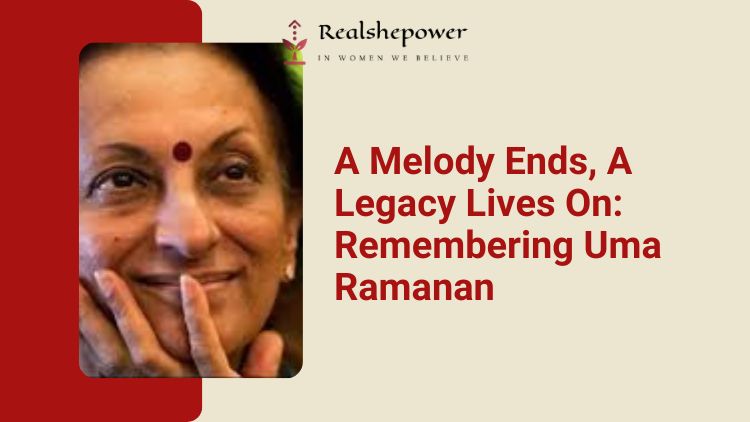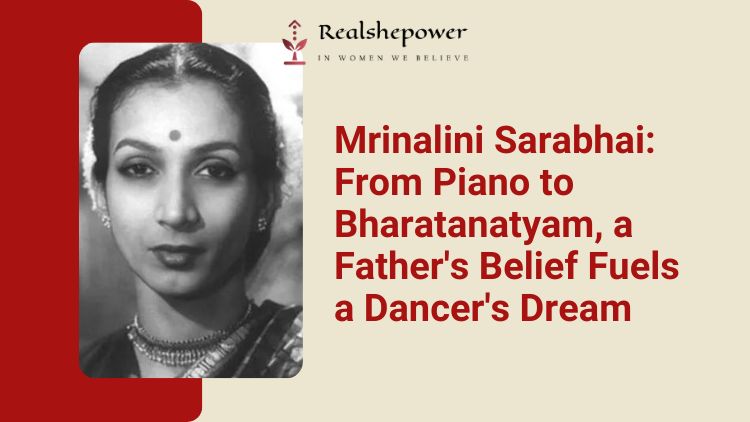Margaret Atwood: Master of Dystopian Fiction and Social Commentary
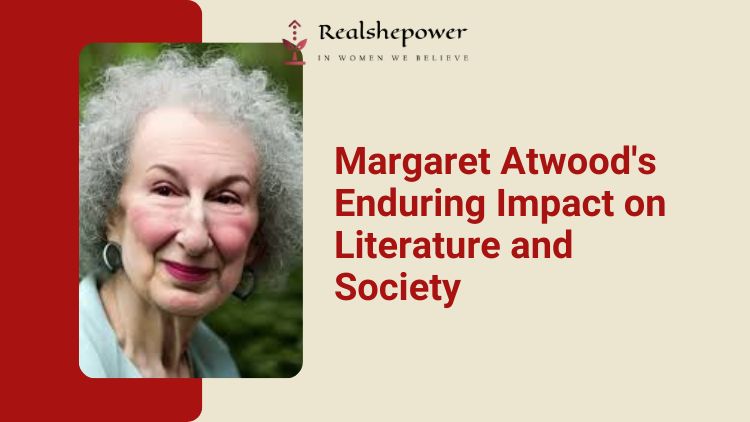
If there’s one name that stands tall in the realm of dystopian literature, it’s Margaret Atwood. With a pen as sharp as her insight, Atwood crafts worlds that feel both eerily familiar and disturbingly alien. From the haunting corridors of Gilead in “The Handmaid’s Tale” to the murky depths of 19th-century Canada in “Alias Grace,” Atwood’s narratives grip readers with their chilling visions of the future while probing deep into the timeless questions that define human existence.
Key Highlights:
- Margaret Atwood’s early life in Ottawa fostered her love for storytelling.
- “The Handmaid’s Tale” offers a chilling portrayal of a dystopian society where women are oppressed.
- Atwood skillfully intertwines themes of power, gender, and autonomy in her works.
- “Alias Grace” delves into the complexities of memory and identity through the story of Grace Marks.
- Atwood’s enduring legacy lies in her ability to provoke meaningful dialogue about the human condition.
The Early Years of Margaret Atwood
Before delving into her literary legacy, let’s take a stroll through Margaret Atwood’s early life. Born in Ottawa, Canada, in 1939, Atwood spent much of her childhood immersed in books, fostering a love for storytelling from an early age. Her upbringing, coupled with her keen observations of the world around her, would later serve as fertile ground for her literary endeavors.
Exploring Dystopia: “The Handmaid’s Tale”
At the mention of Margaret Atwood, “The Handmaid’s Tale” inevitably springs to mind. Published in 1985, this seminal work catapulted Atwood to international acclaim and remains a cornerstone of dystopian fiction. Set in the totalitarian society of Gilead, where women are reduced to mere vessels for procreation, the novel paints a harrowing portrait of a world where freedom is a distant memory and oppression reigns supreme.
What makes “The Handmaid’s Tale” truly remarkable is its reflection of contemporary issues surrounding power, gender, and autonomy. Atwood deftly weaves together themes of feminism, religious fundamentalism, and authoritarianism, inviting readers to confront uncomfortable truths about society’s treatment of women and the erosion of individual liberties.
Also Read: The Handmaid’s Tale: A Haunting Dystopian Masterpiece That Will Leave You Breathless
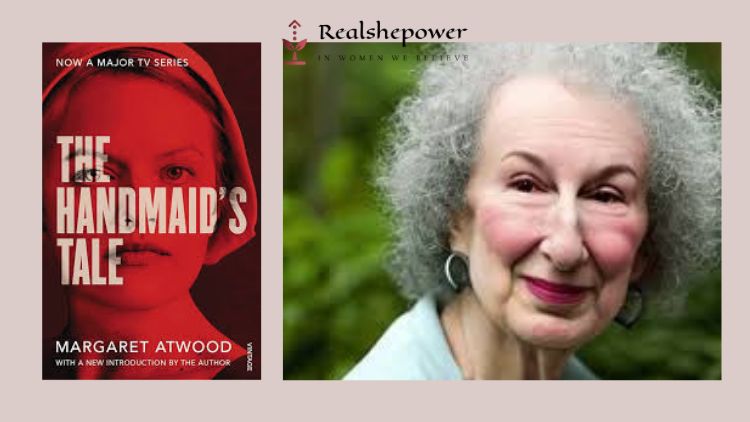
Unraveling the Layers: “Alias Grace”
While “The Handmaid’s Tale” may be Atwood’s most celebrated work, it’s far from her only masterpiece. Enter “Alias Grace,” a mesmerizing blend of historical fiction and psychological thriller that transports readers to 19th-century Canada. Based on the true story of Grace Marks, a young Irish immigrant convicted of murder, the novel delves deep into the complexities of memory, identity, and the nature of truth.
In “Alias Grace,” Atwood showcases her unparalleled skill at crafting multi-dimensional characters and immersive settings. As readers navigate the labyrinthine corridors of Grace’s mind, they are confronted with a tapestry of conflicting narratives and hidden motivations, challenging them to question their own perceptions of guilt and innocence.
Margaret Atwood’s Enduring Legacy
Beyond “The Handmaid’s Tale” and “Alias Grace,” Margaret Atwood’s literary repertoire spans a vast array of genres and themes. From the speculative fiction of “Oryx and Crake” to the dystopian realism of “The Year of the Flood,” Atwood’s body of work continues to captivate readers with its incisive commentary on the human condition.
But perhaps Atwood’s greatest legacy lies not only in her storytelling prowess but in her ability to provoke meaningful dialogue about the world we inhabit. Through her novels, essays, and poetry, she challenges us to confront the uncomfortable truths lurking beneath the surface of society and inspires us to strive for a better, more equitable future.
In Conclusion
Margaret Atwood is more than just a writer; she is a visionary whose words have the power to both haunt and inspire. Through her dystopian fiction and keen social commentary, she invites readers to confront the darkest aspects of human nature while holding out hope for redemption and renewal. As we navigate the complexities of the modern world, Atwood’s voice serves as a guiding light, reminding us of our shared humanity and the importance of never losing sight of our capacity for empathy and understanding.
Don’t Miss: Chimamanda Ngozi Adichie’s biography: A Prominent Feminist Voice of the 21st Century
